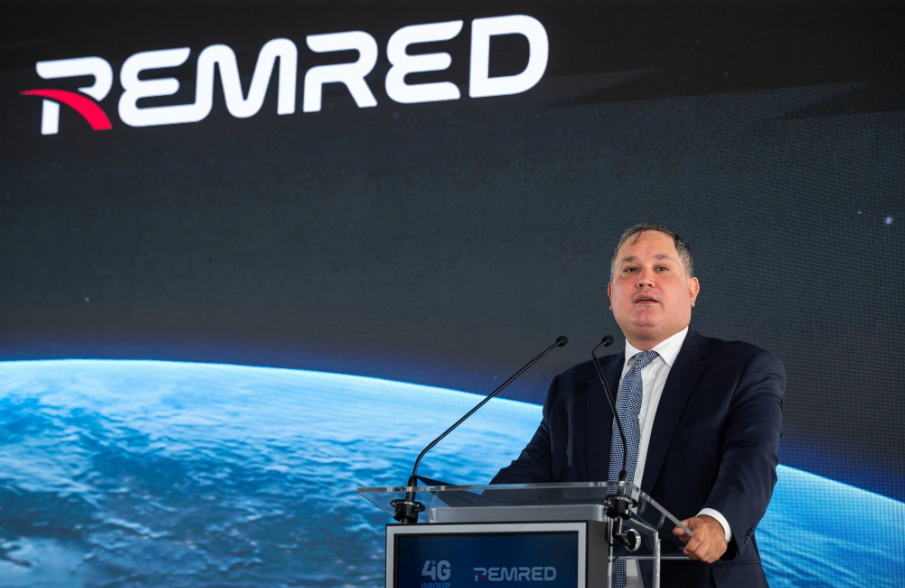In the realm of human space exploration, this decade is poised to witness the remarkable resurgence of lunar missions. While it is widely acknowledged that the American Artemis program has encountered significant delays and setbacks from its initial timeline, the return of astronauts to the lunar surface remains an undeniable inevitability. Though the target year may shift from the originally envisioned 2025 to a more plausible timeframe around 2030, the core objective remains steadfast.
In a piece published on 6th September of this month, John Neal, Executive Director for Space Policy at the U.S. Chamber of Commerce, discussed the economic prospects beyond Earth for the burgeoning space economy.
Commercial Industry Domination
Neal presented the fact that 2023 has seen a shift from government-led to private sector-driven initiatives in space. Recent findings from the Space Foundation Report, he noted, highlight the dominant role of the commercial industry, contributing a substantial 78% to the space sector’s economic activity, with a staggering revenue exceeding US $540 billion. The industry faces a burgeoning demand for satellite production and deployment, lunar exploration, and the establishment of essential infrastructure for operations in both low Earth orbit (LEO) and cislunar space, serving as the bedrock for further commercial ventures in space.
“To realize a $1 trillion space economy by 2040, we must continue to unleash private enterprise and rely on government experience to provide the demand signals, the frameworks, and the security that incentivize market action,” he claimed.
Neal contemplates the vast economic possibilities associated with space, as he believes it becomes imperative to recognize the substantial impact of space-derived products and services on our daily lives. This year, he highlighted, is the 50th anniversary of the Global Positioning System (GPS), an innovation that has profoundly reshaped various sectors and industries, spanning from smartphone technology to healthcare and logistics. In the United States alone, the GPS has yielded an estimated economic benefit of nearly $2 trillion.
Bridging the Digital Divide
He went on by saying the ever-increasing presence of satellites in Earth’s orbit carries immense potential to bridge the digital divide globally. Coupled with earth observation capabilities, these satellites have significantly bolstered humanity’s capacity to comprehend climate patterns, respond to natural calamities, and even monitor armed conflicts. This heightened awareness facilitates more informed decision-making, rapid response, and effective recovery efforts. Diverse industries, including banking, defense, agriculture, manufacturing, and healthcare, rely on space-based technologies to fuel innovation and enhance their offerings. Although many of these contributions often go unnoticed on Earth, the growing involvement of the private sector in space is poised to intertwine this realm with our daily existence.
However, he then warned, as we chart a course towards a sustainable space economy, numerous pressing issues demand resolution. He noted that the United States presently lacks the infrastructure to meet the escalating demand for space launches, while existing tax codes impede spaceports from accessing the same capital and economic resources enjoyed by airports and seaports. Furthermore, he continued, there is currently no designated U.S. government agency responsible for regulating operational activities in space. To unlock the full potential of low Earth orbit and cislunar space, it is imperative to instil confidence in the space industry through the development of a transparent and predictable process for authorizing space operations.
Thankfully, many of the established legal, commercial and diplomatic norms and frameworks that govern terrestrial life can be extended into the realm of space. The Chamber strongly encourages the Biden Administration to focus on specific policy initiatives that will lay the groundwork for a flourishing space commerce ecosystem.
He finished the informative piece with a call to action:
“Now is a pivotal time to be part of the space industry. The transition to a private sector-led space ecosystem has caused transformational change on Earth, which has the potential to allow all nations to benefit from technological advancement, job creation, and discovery — bringing forward a new generation of prosperity. Now is the time for governments to create the conditions to incentivize more private sector investment and activity in space. The economic impact of the space sector is too important to life on Earth.”
Featured image: Orion Spacecraft. Credit: NASA
Share this article:








